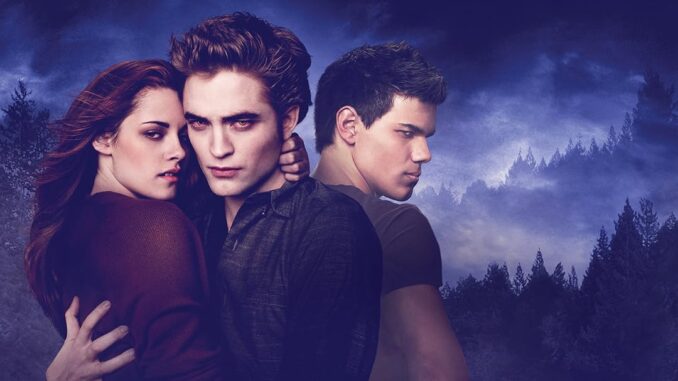
The Lingering Echo: When Kristen Stewart and Robert Pattinson Reunited and Fans Lost It
The air at the film festival was thick with the scent of ambition, prestige, and freshly brewed coffee. Industry insiders mingled, discussions revolved around auteur cinema, and the buzz was about new voices and groundbreaking narratives. Then, a quiet moment, a fleeting glance, a brief exchange of pleasantries between two individuals who, for years, had inhabited separate orbits. Kristen Stewart, the indie darling, the Chanel muse, the Oscar nominee. Robert Pattinson, the brooding art-house actor turned blockbuster Batman, his career a testament to thoughtful choices and relentless reinvention. They were professional, poised, unmistakably adult.
And yet, across the digital ether, a collective gasp rippled, a seismic shockwave that transcended geographical boundaries and time zones. Fingers flew across keyboards, hashtags ignited, and the internet, in its infinite capacity for both chaos and catharsis, erupted. "They're together!" "Robsten is real!" "My heart just exploded!" The measured calm of the film festival dissolved into a maelstrom of raw, unfiltered emotion. Fans, it seemed, had collectively, spectacularly, lost it.
To understand this eruption, one must first rewind to a different era, a different kind of cultural phenomenon. The Twilight saga wasn't just a series of books and films; it was a global obsession, a portal into a world where vampires sparkled, werewolves imprinted, and an awkward human girl could inspire the devotion of immortal beings. At its heart was the incandescent, undeniably potent chemistry between Bella Swan and Edward Cullen, brought to life by Kristen Stewart and Robert Pattinson. Their on-screen romance transcended the celluloid, spilling into real life as "Robsten," a portmanteau that became shorthand for a generation's idealized love story.
For years, their private lives were public property, their every outing meticulously scrutinized, their every gesture analyzed for signs of devotion or discord. They were the millennial Brangelina, a couple whose narrative was intertwined with the very fabric of their fans' coming-of-age. They represented first crushes, the agony of unrequited love, the dizzying thrill of a fantasy made real. When their relationship ended, it wasn't just a celebrity breakup; for many, it felt like the dissolution of a collective dream, a phantom limb pain for a relationship they had vicariously lived through.
So, when the innocuous film festival encounter occurred, it wasn't merely a meeting of former colleagues. It was the sudden, unexpected collision of past and present, fiction and reality. For the fans, particularly those who had come of age in the shadow of Forks, Washington, it was a sudden influx of nostalgia so potent it verged on hallucination. It was the flicker of a flame they thought had been extinguished, a whisper of a "what if" that had long been buried.
The "losing it" manifested in various forms, each more illustrative than the last. There were the joy-filled screams across social media platforms, the all-caps declarations of renewed hope, the desperate pleas for a cinematic reunion, a real-life rekindling. There were the tears, genuine and abundant, shed for a love that wasn't theirs but felt intrinsically linked to their own emotional development. There were the memes, of course, the rapid-fire visual shorthand for collective ecstasy and ironic self-awareness. Old interviews resurfaced, clips from the Twilight promotional tours were re-edited with emotional music, and fan theories blossomed like rare orchids.
This intense reaction speaks volumes about the enduring power of narrative, both fictional and real. It highlights the parasocial relationships that bind fans to their idols, where lines blur and emotional investments run deep. Kristen and Robert, as they are now, are accomplished actors, their personal lives fiercely private, their professional paths diverging from the supernatural romance that catapulted them to fame. But for a significant portion of their audience, they remain Bella and Edward, Kristen and Rob, the mythical couple who embodied a particular kind of youthful yearning.
The film festival reunion wasn't about them, not really. It was about us. It was about the indelible mark certain stories leave on our hearts, the way fictional characters can become more real than the people we know. It was about the universal human desire for happy endings, even if those endings have to be projected onto the lives of others. It was a fleeting moment in a professional setting, amplified by the internet into an emotional supernova, proving that some loves, even those experienced vicariously, never truly die. They simply wait, dormant, for the right trigger to make fans lose it all over again.
